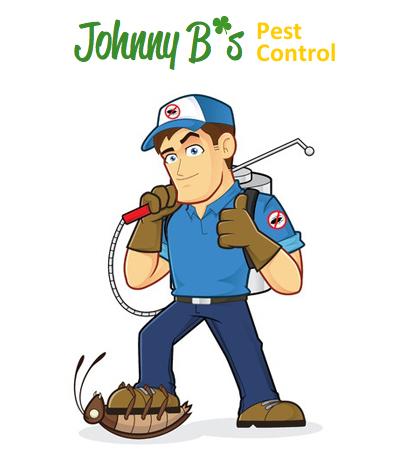If you take pride in your gardening skills, then you may have heard of the dreaded tomato hornworm. These “worms” are, in fact, large caterpillars that can devastate your tomato garden. These insect pests feed on any type of plant in the nightshade family, but, as their name would suggest, they have a preference for tomatoes. At first, these caterpillars appear to feed only on the leaves of certain vegetable plants. Soon they will begin to grow and feast on potatoes, eggplants and peppers in addition to their favored tomatoes. Spotting tomato hornworms feeding on your garden products can be a major blow, but luckily they are easy to kill with your bare hands. However, in some cases, you may just want to let the hornworms be, and let nature run its course.
Tomato hornworms are entirely green in appearance. But sometimes, these green caterpillars will show white spikes protruding from their bodies. If you are a gardener, and if you ever spot a hornworm sporting these white spikes, then you should not kill them, but instead let them die on their own. These white protrusions are actually parasites. To be more clear, these parasites are braconid wasp larvae. The wasp adults will plant their eggs within the bodies of these hornworms. The resulting larvae will then slowly feed on the innards of the caterpillar. These infected hornworms, if spotted, should be left alone so that gardeners can take advantage to the benefits of the parasite. Once the hornworms become adults, they will not only destroy the infected hornworm, but they will fly around a garden destroying every other hornworm in sight. The wasps begin this killing spree immediately upon leaving their cocoons.
If you want to attract these pest-killing wasps to your garden to prevent hornworm damage, then plant things such as parsley dill, yarrow, and mustard. In addition to that provide a source of water nearby, such as a birdbath. These wasps enjoy feeding on the nectar of the above named plants, but not quite as much as feeding on hornworms. And don’t forget that the wasps need to be provided with a water source too.
Stay up to date with Johnny B’s Social Media Pages!

